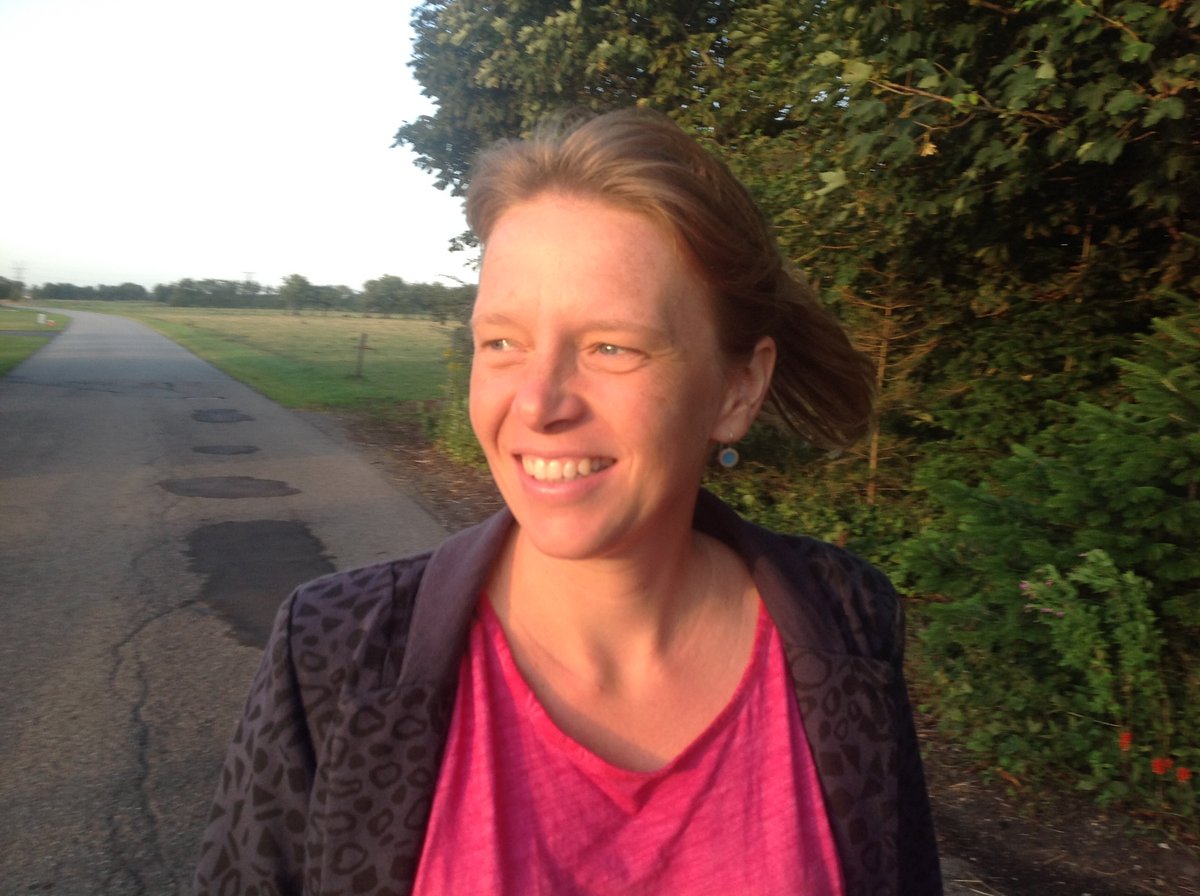
The ability to learn is important because it allows animals to cope with unpredictable environments. Animals can learn from experience to guide their future actions, and do so in many contexts, such as food finding, nesting and choosing a mate. Species differ in their ability to learn, which indicates that this trait can evolve. However, we don’t know what factors drive the evolution of learning. I propose to study how the ability to learn to choose a mate can evolve, by using laboratory populations of a fruit fly species as a model to mimic evolution experimentally. I will test if the learning ability can increase, if this makes individuals better over-all learners, and how energetically costly this is. With laboratory populations of better learners, I can then test if the social dynamics of mate choosing within groups changes. If we know how species can evolve to learn in the laboratory, this will help us understand under which natural circumstances species can evolve to learn and might also help us understand when species can better cope with novel circumstances in our rapidly changing world.
Project title:
The evolution of the ability to learn in choosing a mate
Area of research:
Biology
Fellowship period:
1 Oct 2014 – 30 Sep 2016
Fellowship type:
AIAS-COFUND Marie Skłodowska-Curie fellow

This fellowship has received funding from the European Union’s Seventh Framework Programme for research, technological development and demonstration under the Marie Skłodowska-Curie grant agreement No 609033 and The Aarhus University Research Foundation.
